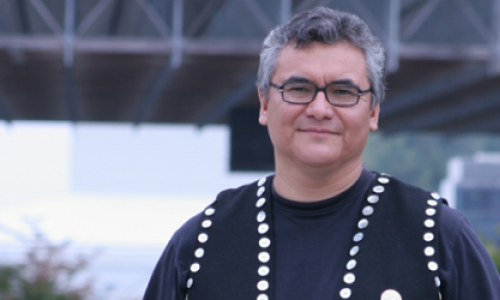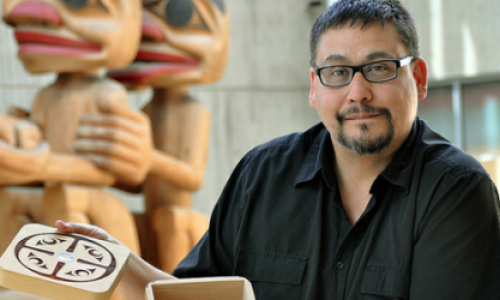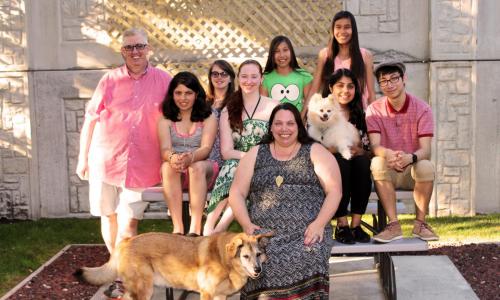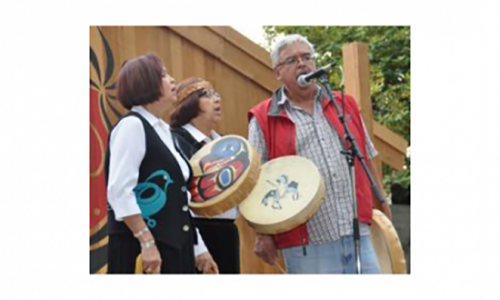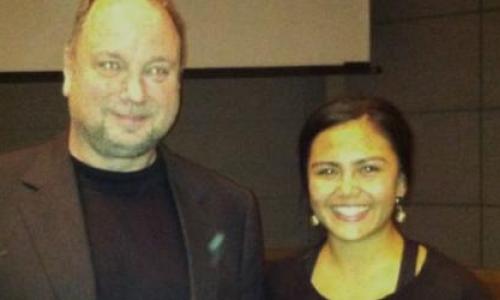Ancient shell middens dominate the archaeological record of coastal areas around the world, yet archaeologists have done relatively little research into how Aboriginal peoples used and managed shellfish. A team of SFU researchers, however, has discovered that managing shellfish to maintain or increase productivity was an important aspect of ancient shellfish use on B.C.’s Northwest Coast. Working with coastal First Nations, the researchers found that Aboriginal peoples cultivated clams in handmade, rock-walled beach terraces known as clam gardens.
“Clam gardens were common knowledge among many coastal First Nations, but are a relatively new discovery to the scientific community,”
“It took western scientists talking to traditional knowledge holders to understand just how pervasive these practices were and in some cases still are. We suspect that similar practices were used among Indigenous peoples worldwide, but now the features and knowledge associated with this management has been lost or at least temporarily forgotten.”
- Dana Lepofsky, an SFU professor of archaeology and research team member.
The research team began examining clam gardens in 2008, concentrating on Quadra Island, which has among the highest density of clam gardens anywhere on the coast. On Quadra, the team, composed of archaeologists and ecologists, compared the number, size and weight of clams in clam gardens and unwalled beaches and found that clam gardens today are many times more productive than unwalled beaches.
Using various methods, the team is now assessing the productivity of ancient clam gardens when they were actively used and maintained by local First Nations. The researchers have also expanded their research to B.C.’s Central Coast and elsewhere with assistance from the “Clam Garden Network,” a group that includes Aboriginal people, academics, Parks Canada managers, archaeologists and geo-morphologists from up and down the coast.
Since clam garden walls are built at the low-low intertidal zone, most are only visible for 15 daylight hours a month during May, June and July. This makes for slow-going research, says Lepofsky, yet the team continues to make new discoveries.
Last summer, for instance, the researchers found evidence that Aboriginal people often built clam garden walls on bedrock, resulting in accumulated sediments behind the rock walls.
“This is amazing because it’s not just that people were making already productive clam beaches more productive, it’s that they also regularly created highly productive clam beaches where no beach existed before,” says Lepofsky. In addition to rock-walled terraces, the team learned from First Nation knowledge holders that people traditionallyused a range of techniques to maintain and increase shellfish production. “Because a lot of traditional management practices were subtle and mimicked natural systems, many of these practices have been missed by archaeologists,” says Lepofsky. “For instance, we now know from interviews with First Nations that people regularly cleared beaches of cobbles and that ‘keeping the beach clean’ was another way to create more habitat for clams. Now that we have been taught this was a common practice, we commonly see evidence of beaches that were cleared in the past,”
“We’re really starting to understand how much these gardens and the management of clams changed the productivity of what people used to think was a naturally abundant resource.” The team has also come up with a way to date the gardens. “We can radiocarbon date clam shells that were trapped and died when a wall was built,” she says. “We also have some other cool methods up our sleeve.”
So far, the team has found clam gardens dating to at least 1,600 years ago.
Ultimately, Lepofsky hopes the research will inform modern fisheries management and Indigenous rights and title to the intertidal zone. She also hopes the team’s findings will inspire researchers in other coastal areas around the world to investigate ancient Indigenous shellfish-management practices.










